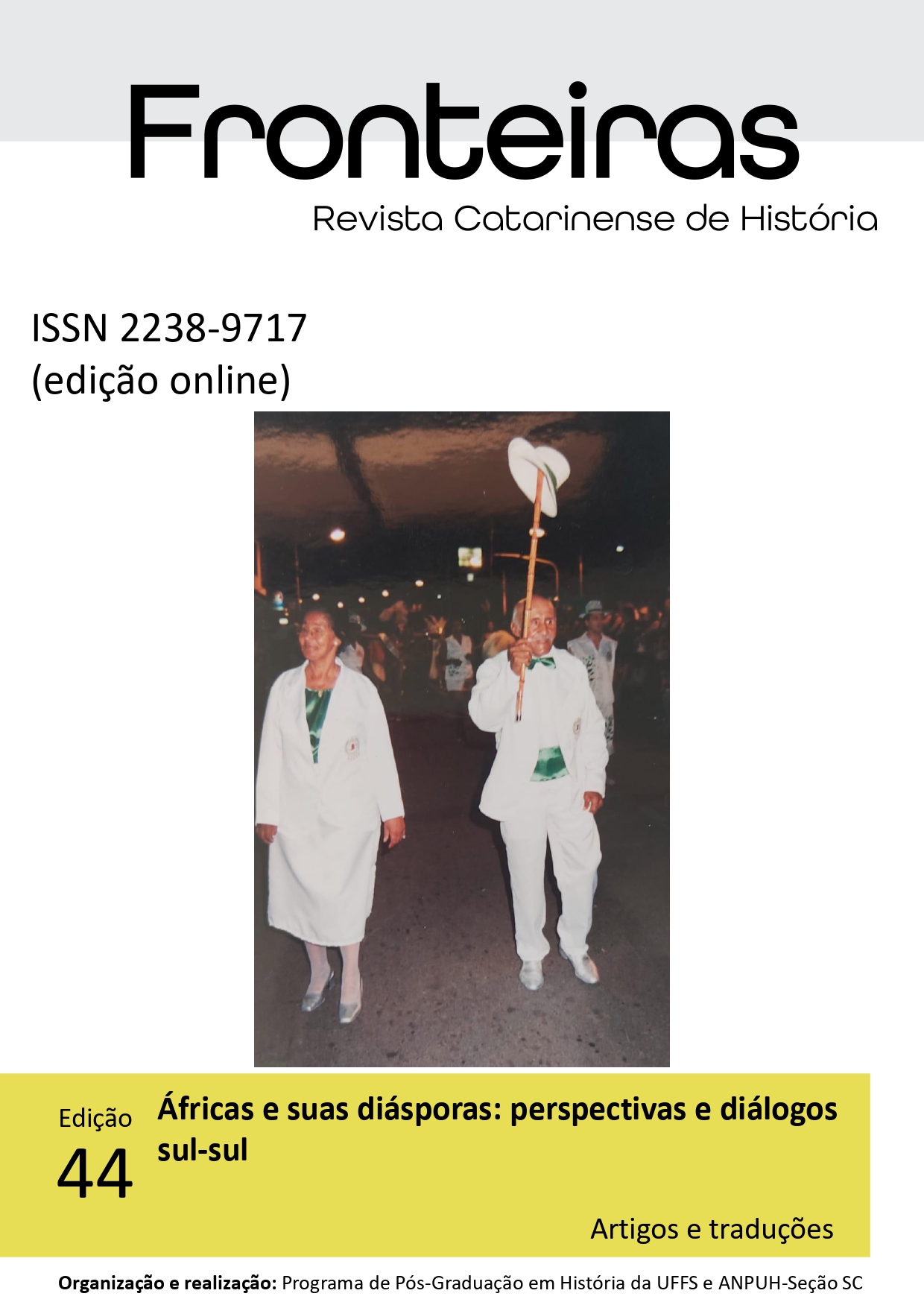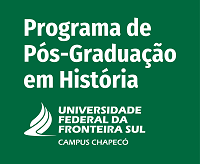Senhores e Corruptores
os portugueses nos escritos árabes da Costa Suaíli no início do século XVI
DOI:
https://doi.org/10.36661/2238-9717.2024n44.14357Palavras-chave:
Costa Suaíli, Império português, Fontes ÁrabesResumo
O estabelecimento da presença portuguesa na Costa Suaíli nos anos 1500 foi balizado por dinâmicas de poder e interação cultural entre os portugueses e as cidades-estados costeiras, como Quíloa e Melinde. Através de alianças estratégicas e coerção militar, os agentes da Coroa de Portugal buscaram explorar o comércio lucrativo e solidificar seu domínio, submetendo uns e obtendo colaboração de outros, mas também enfrentando distintas formas de resistência. A crônica de Quíloa e as correspondências diplomáticas epistolares em árabe permitem explorar as contradições da perspectiva nativa sobre os portugueses, vistos simultaneamente como novos senhores das rotas marítimas e corruptores da ordem político-religiosa. Mais ainda, essa documentação revela como as elites locais não foram meros coadjuvantes de uma hegemonia imperial portuguesa, buscando ativamente contrapor, se adaptar ou extrair vantagem da mesma.



















